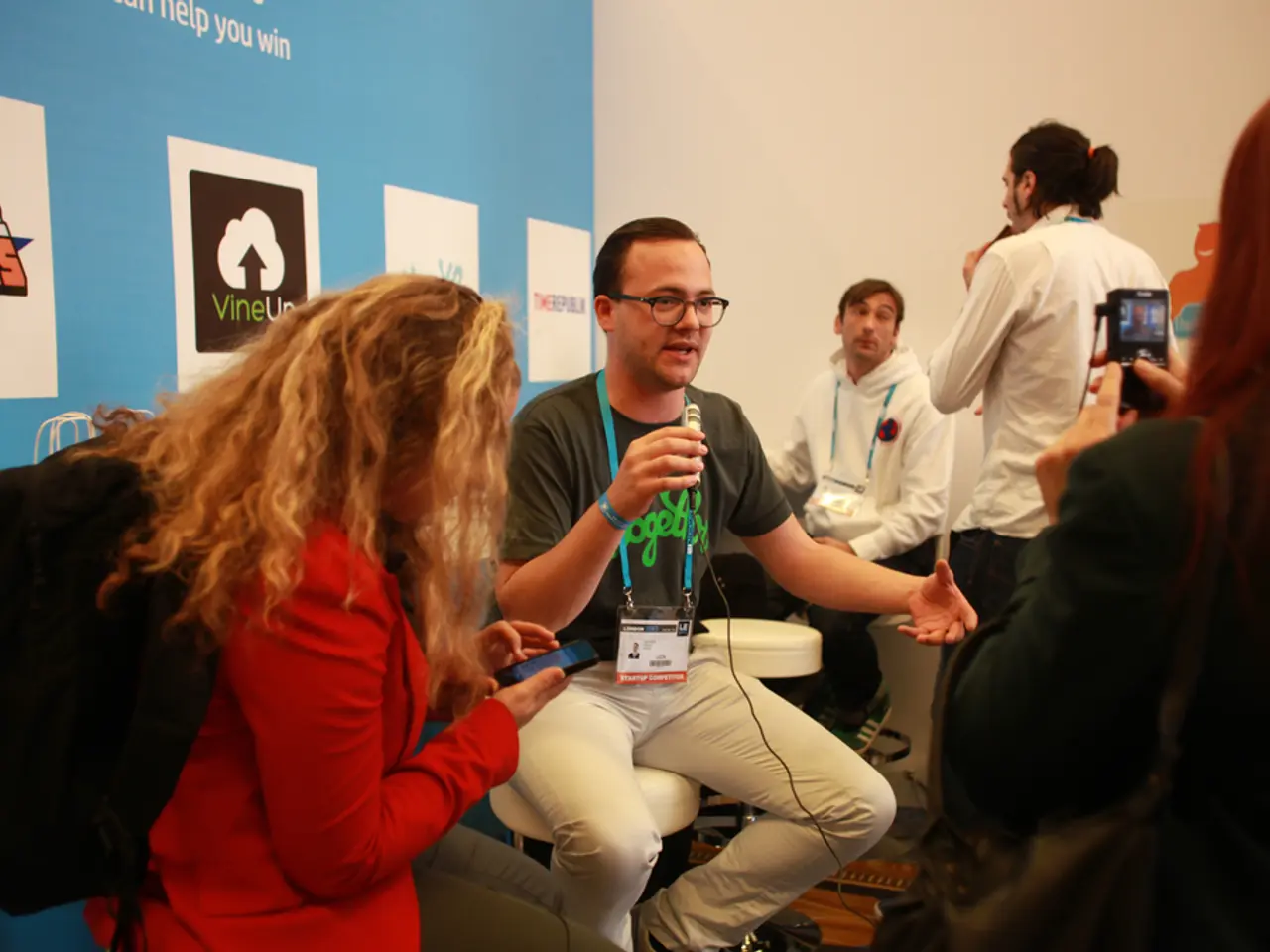Interview Approaches Based on Personality: Strategies for Recruiting Elite Candidates
=======================================================================================
Behavioral interviewing, a method developed by industrial psychologists in the 1970s, has become an essential tool for modern recruiters. This approach, which focuses on asking candidates to share real stories about their past actions and outcomes, offers a unique way to assess both hard and soft skills.
While technical skills tests and cognitive ability assessments have been shown to have a higher predictive validity for job performance, with validity coefficients well above 0.40 (as per a 2025 meta-analysis by Sackett and Schmidt & Hunter), behavioral interviews remain valuable for evaluating soft skills such as interpersonal abilities, conflict resolution, and decision-making.
Behavioral interviews provide qualitative benefits by delivering in-depth responses and helping reduce bias through structured questioning. A LinkedIn survey found that 86% of recruiters view behavioral interviewing as somewhat or very effective, especially for roles requiring empathy and social interaction.
However, traditional unstructured interviews perform poorly, only marginally better than chance due to biases and subjectivity. The most effective hiring strategies integrate behavioral interviewing with skill- and knowledge-based tests to capture both hard and soft skills comprehensively.
To implement behavioral interviewing, starting small by adding one or two questions to the next interview is recommended. Here's a comparison of common methods:
| Method | Predictive Validity for Job Performance | Strengths | Limitations | |------------------------------|-----------------------------------------------|-------------------------------------------------------|-----------------------------------------------| | Behavioral interviewing | Moderate; less than technical tests | Assesses soft skills, reduces bias, depth in responses| Lower standalone predictive accuracy | | Technical skills & cognitive tests | High; validity > 0.40 (meta-analyses) | Strong predictors of actual job performance | May overlook soft skills and interpersonal factors | | Unstructured traditional interviews | Low; slight better than chance | Widely used, informal | Subjective, biased, low predictive validity | | Combined predictive assessments | Highest; multi-dimensional, standardized | Objectivity, covers hard + soft skills | More resource-intensive, requires infrastructure |
Advanced behavioral interviewing techniques include the funnel approach and behavioral questioning sequences, which help interviewers dig deeper into candidates' thought processes and experiences. Leading questions should be avoided, as they suggest the desired answer.
Preparing for a behavioral interview involves skimming the resume, picking core competencies for the role, and preparing STAR-style questions tied to both the job and the candidate's background. Essential behavioral interview questions are categorized by skill, such as leadership and management, problem-solving and critical thinking, communication and interpersonal skills, and adaptability and resilience.
Red flags for bad answers include blaming others, dodging questions, and giving vague answers. Creating a competency-based interview guide involves figuring out the top 4-6 must-haves for success in the role, such as communication, leadership, and problem-solving.
The STAR method helps candidates provide specific and detailed answers about their past experiences. Instead of asking hypothetical questions, behavioral interviewing asks candidates to share real stories about their past actions and outcomes. Post-interview evaluation involves going over notes right away, using rating scales to score each competency, comparing scores to spot where candidates shine or flopped, and discussing with other interviewers.
By focusing on real experiences, behavioral interviewing helps cut through the fluff and find out how someone really works based on what they've actually done, not what they say they'd do. Ignoring negative examples can provide valuable insights into a candidate's character, resilience, and learning ability. During the interview, the interviewer should give candidates a heads-up about the type of questions they will be asked, let them think before answering, take good notes, ask follow-ups, keep the conversation conversational, and avoid making it feel like a courtroom cross-examination.
Research from SHRM shows that behavioral interviewing is 55% better at predicting job performance than traditional interviews. By embracing behavioral interviewing and integrating it into the entire hiring process, recruiters can make more informed decisions and build stronger, more successful teams.
- To evaluate a candidate's resilience and learning ability, it's important to ignore negative examples during a behavioral interview and delve into the specifics of their past experiences.
- In addition to technical skills and cognitive tests, behavioral interviews provide a unique way to assess soft skills such as adaptability, resilience, and communication, essential for career development and success in roles requiring empathy and social interaction.
- As part of preparation for a behavioral interview, one should focus on education-and-self-development by skimming the resume, picking core competencies for the role, and preparing STAR-style questions that align with both the job and the candidate's background, targeting skills like leadership, problem-solving, and mindset.




